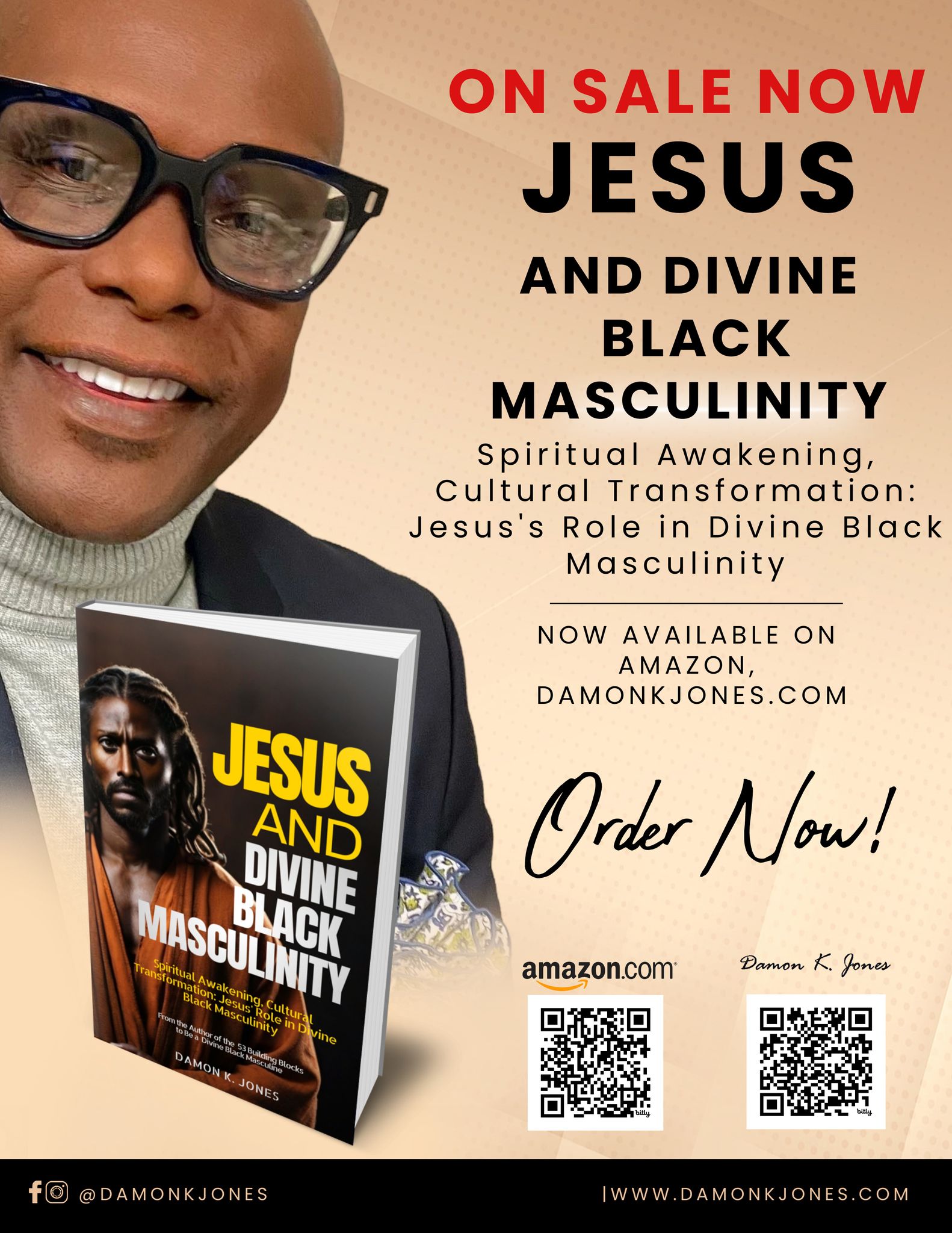In recent decades, the United States has seen a significant shift in family structures and gender norms, particularly within the Black community. Today, nearly 70% of Black children are born to unmarried mothers, and Black adults have the lowest marriage rate of any ethnic group at just 30%. Concurrently, alcohol use disorders among women have risen sharply, with an 80% increase between 2002-2013.
Moreover, contemporary Black culture has been influenced by a range of opposing forces, including the proliferation of harmful media narratives and stereotypes. Social media platforms and popular entertainment often glorify the “hot girl summer” lifestyle, presenting a distorted image of success and happiness centered around partying, drinking, and casual relationships. This pervasive messaging can normalize risky behaviors and undermine the value of committed partnerships and stable family structures.
Against this backdrop, emerging research points to a troubling link between the unique challenges faced by single Black mothers and the rising rates of problematic alcohol use within this population. Numerous studies have consistently demonstrated that single mothers are more likely to experience elevated levels of stress, depression, and economic hardship compared to their married counterparts. Faced with the overwhelming demands of solo parenting and limited support systems, many women turn to alcohol as a coping mechanism to manage these intense pressures.
The confluence of changing cultural attitudes about marriage and the lack of social support for single Black mothers creates a perfect storm of stress that can lead to unhealthy coping mechanisms like excessive drinking. The toll of single parenting without adequate resources can be severe, not only for mothers but for their children, who may experience the effects of maternal stress and alcohol misuse. Without intervention, these adverse childhood experiences can contribute to a cycle of generational trauma.
As a society, we must confront this issue with empathy, cultural competence, and urgency. Stigmatizing single mothers or Black families is unproductive and fails to address the underlying structural inequities. Instead, we need proactive community dialogue and action to provide Black single-mother families with the targeted resources and support they need to thrive.
This should include expanding access to culturally responsive mental health services, substance abuse treatment, affordable childcare, and financial assistance programs in underserved Black neighborhoods. Schools, health providers, and community organizations must be equipped to identify and support at-risk mothers and children. Mentoring and peer support groups for single Black mothers can provide vital emotional support and empowering role models.
The Black church has a crucial role to play in promoting the wellness and mental health of Black women, particularly in the context of romantic relationships and marriage. According to findings from an Iowa State University study, Black women who were married demonstrated a reduced propensity for alcohol consumption in comparison to Black women who were single or living with a partner without being married. This highlights the potential protective effect of healthy marriages on Black women’s well-being.
However, the church must go beyond simply encouraging marriage and address the deeper spiritual and emotional needs of Black women. Church leaders must recognize the importance of fostering spiritual discernment when choosing a life partner. Biblical principles should guide the selection of a mate who will support and uplift a woman’s faith, mental health, and overall wellness.
The church can play a proactive role by offering premarital counseling, couples’ ministries, and mentoring programs emphasizing healthy, God-centered relationships. These initiatives should focus on communication, conflict resolution, and the cultivation of emotional and spiritual intimacy between partners.
Furthermore, the Black church must create safe spaces for Black women to openly discuss their struggles, including issues related to relationships, single parenthood, and substance abuse. By providing support groups, prayer circles, and access to professional counseling services, churches can help Black women navigate their challenges and find healing and empowerment through faith.
Ultimately, the Black church promotes a holistic understanding of wellness that encompasses both spiritual and mental health. By actively addressing the unique needs of Black women and supporting them in their journey towards healthy, fulfilling relationships, the church can play a vital role in breaking the cycle of stress, trauma, and unhealthy coping mechanisms that can arise from relationship challenges. The Black church can empower Black women to build strong, resilient families and communities through a proactive, faith-based approach.
Suppose the issue of single motherhood, stress, and alcohol abuse in the Black community is not addressed. In that case, it can perpetuate a cycle of generational trauma that has far-reaching consequences for Black children. Growing up in households where mothers are struggling with mental health challenges and substance abuse can create an environment of chronic stress and instability that adversely affects children’s development and well-being.
Moreover, the trauma experienced by these children can manifest in various forms of mental health issues, such as depression, anxiety, and post-traumatic stress disorder (PTSD). Without proper intervention and support, these challenges can persist into adulthood, affecting their ability to form healthy relationships, maintain stable employment, and break free from the cycle of poverty and disadvantage.
Ultimately, our priority should be empowering Black women to make healthy choices for themselves and their families, in whatever form they take. This requires a multifaceted approach that addresses both the spiritual and mental health needs of Black women. While the Black church can provide guidance and support, it is crucial to recognize that not all women have access to or feel comfortable within traditional houses of worship or spiritual communities.
In such cases, it is essential to promote therapy and counseling as viable options for Black women seeking support and healing. Mental health professionals who are culturally competent and understand the unique challenges Black women face can provide a safe space to process their experiences, develop coping strategies, and work toward personal growth and empowerment.
By bringing this issue to the forefront of public health discussions and investing in targeted support, we can break the cycle of stress and substance abuse that threatens the well-being of so many Black mothers, children, and communities. It’s time for a holistic approach that honors Black families’ unique strengths and challenges and provides a range of accessible, culturally relevant resources to support their mental, emotional, and spiritual health. We can only truly empower Black women to thrive and build resilient families and communities by addressing the full spectrum of Black women’s needs.










